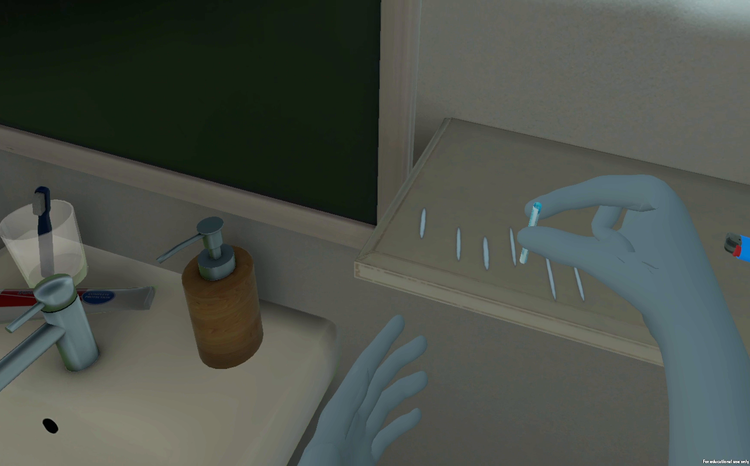DH to lift hospital mobile phone ban
- 15 March 2007
The Department of Health has announced that a ban on patients and doctors using mobile phones in hospitals in England is to be lifted this spring.
The changes follow advice published by the Medicines and Healthcare Products Regulatory Agency (MHRA) which said that “a total ban on mobile phones is not required and is impossible to enforce effectively.”
Restrictions were originally put in place because of fears phones could interfere with medical equipment. However, following the publication of the MHRA advice, the government feels the time is right to lift the ban.
A MHRA spokesperson told E-Health Insider: “We recognise that mobile phones are in everyday use and provide a practical means of communication. However, mobile phones do transmit radio waves which can adversely affect some medical equipment. Therefore, we recommend that trusts develop local rules to minimise the risk of interference with critical medical equipment.”
Announcing the changes, health minister Andy Burnham, said: “As technology has moved on it is right that we update our guidance on mobile phones to reflect that. We recognise that patients and staff should be able to use mobile phones, where it is appropriate to do so and subject to medical and privacy considerations.”
According to MHRA, only restricted areas where sensitive equipment is used should continue to enforce the mobile phone ban. Under certain circumstances, the electromagnetic interference from a mobile phone can affect the performance of some devices such as infusions pumps. Incidents of pumps malfunctioning due to the proximity of a mobile phone have been reported to the MHRA.
The spokesperson added: “Although areas of restrictions are a decision for the individual trust, the MHRA recommends that mobile phones are not used in critical care areas such as intensive therapy units, special care baby units or where patients are attached to complex devices, as any effect on such equipment could be detrimental to patient care.”
The MHRA stresses that it is up to individual trusts as to where the mobile phone is applied.
The spokesperson said: “There are many reasons why hospitals may limit mobile phone use, including disturbance of patients who are resting; disturbance of professional discussions, where alarm tones on medical equipment may be overlooked because of confusion with telephone ring tones, and where the use of camera phones may compromise patient confidentiality.”
However, Burnham said: “I see no reason for trusts to have an outright ban on mobile phones – especially in communal areas – and our updated guidance will make that clear, although, NHS trusts are responsible for formulating their own policy on mobile phone usage.”
Dr Gill Morgan, chief executive of the NHS Confederation, said: “It is up to each individual NHS trust to draw up their own policy in relation to the use of mobile phones on their premises. I’m sure updated guidance from the Department of Health on this area will be welcomed.”
She added: "When drawing up their mobile phone policy, trusts also consider potential noise disturbance caused by the use of mobile phones in hospitals. Mobile phones can often be intrusive and technological advances mean that increasingly phones have cameras and recording devices.”
Barbara Wood, chair of the British Medical Association’s Patient Liaison Group, added: “Research has clearly demonstrated that mobiles pose little or no risk to hospital equipment. We welcome the fact that trusts are being encouraged to allow patients and staff to use them, although this needs to be done in a way that does not affect other patients’ right to peace and quiet.”
Links




